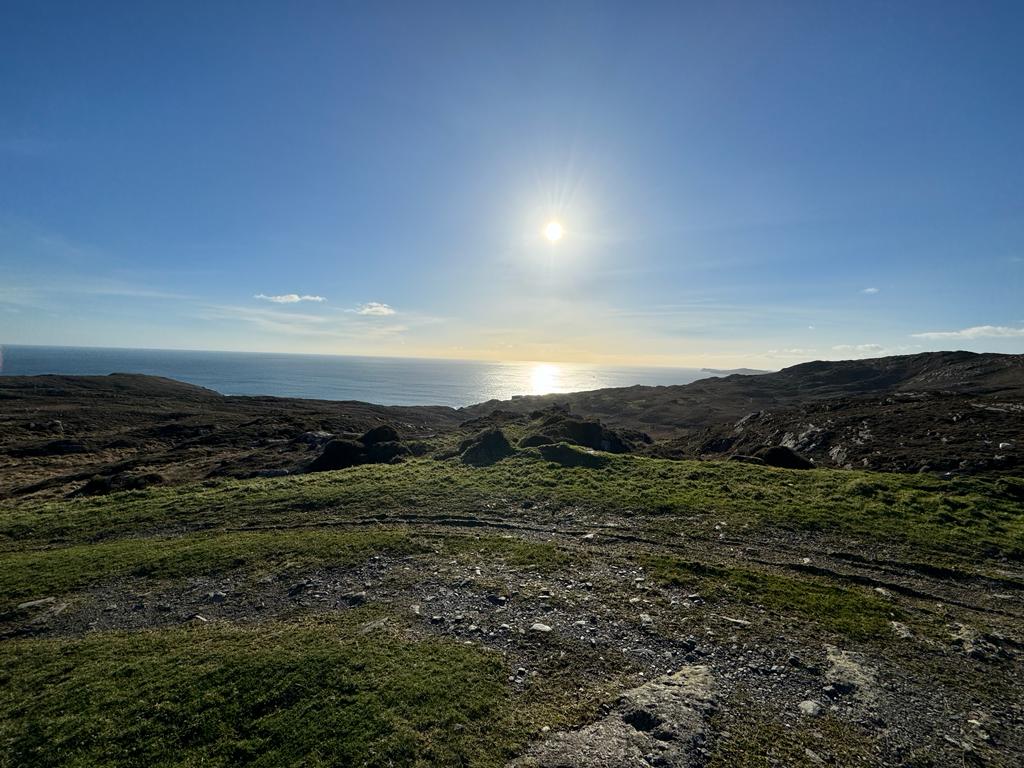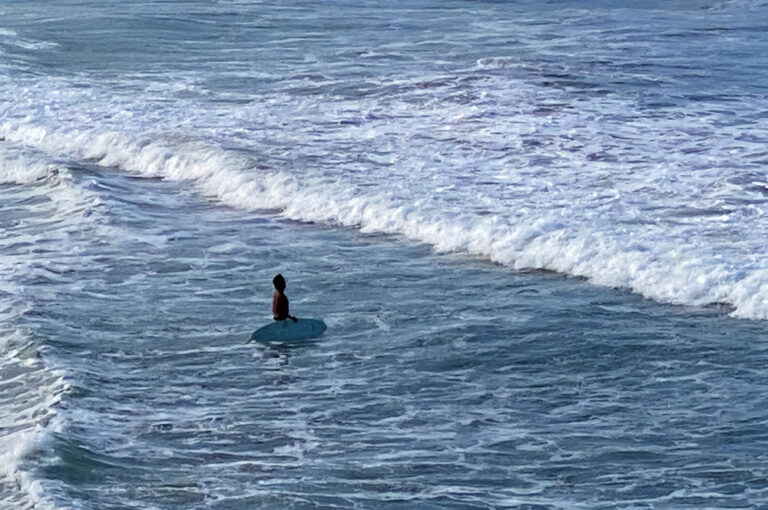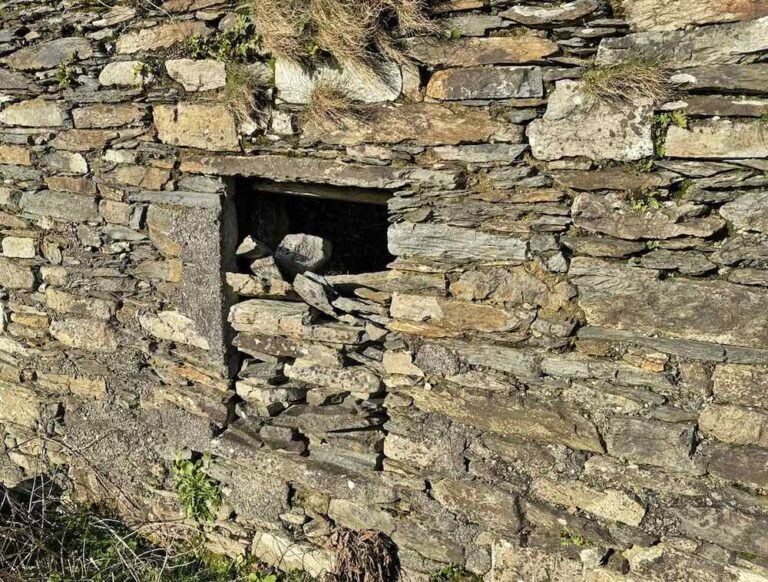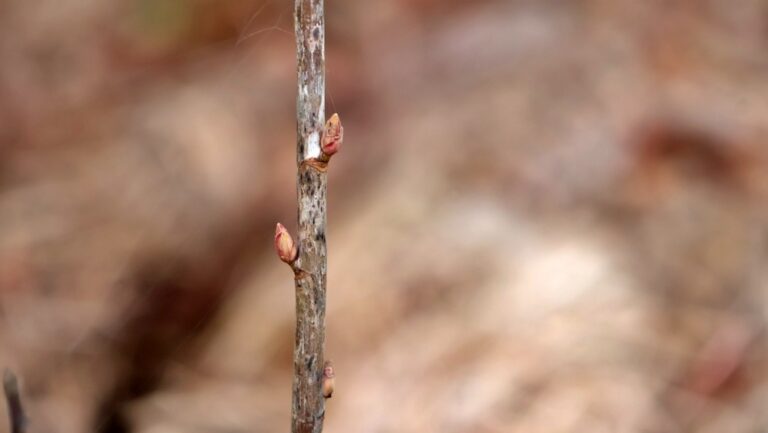Quinta-feira da Terceira Semana da Quaresma
O mundo parece hoje para muitos um deserto de valores morais e espirituais. Vamos recorrer à grande metáfora da Quaresma, o Êxodo de quarenta anos através do “Deserto do Pecado”. Numa ocasião famosa, quando eles estavam com muita sede, Moisés bateu na rocha em Horebe e a água correu. Durante o resto do tempo, eles devem ter sido mantidos por uma rede de poços que exploraram lençóis freáticos subterrâneos profundos e extensos.
Onde estão as fontes de sabedoria para nos manter em movimento até aos quarenta anos – o mítico tempo Bíblico que simboliza “o tempo que for necessário para completar” – de transição para uma nova visão da realidade?
Por causa das tempestades de areia provocadas pela intempérie e pela violência, pode parecer que elas estão perdidas para nós, mas na verdade, tal como o Reino, estão ao nosso alcance.
Na minha doença recente, aprendi mais sobre a sabedoria que flui do próprio corpo. É verdade que nos ensina sobre a nossa fragilidade e mortalidade, mas também como viver bem e feliz neste meio belo e mágico que nos liga tão diretamente ao cosmos e aos nossos semelhantes.
Ensina-nos que somos “vasos de barro”, mas também que temos a capacidade de transcender apenas por viver o momento presente.
Quer aprendamos isso com o prazer ou com a dor é menos importante do que bebermos deste poço, abertos a tudo o que ele pode nos ensinar.
Da mesma forma, a doença e o gozo da saúde física (que geralmente não desfrutamos, mas que consideramos um dom adquirido), reorganizam as perspectivas pelas quais entendemos o mundo. Pelo milagre de aceitar a realidade como ela é, em harmonia entre o corpo e a mente, a própria consciência se expande, e não apenas as nossas ideias e suposições sobre o mundo.
Outros poços são locais físicos que os irlandeses dizem ser “lugares finos” onde o céu e a terra se encontram. Há um antigo ditado celta que diz que o céu e a terra estão separados por apenas um metro de distância, mas em lugares estreitos é muito menor.
O véu entre os mundos é especialmente permeável ou transparente e o novo e o ainda não, começam a se unir.
Podem ser lugares como, para mim, Bonnevaux, Varanasi ou o Jardim do Getsêmani ou, inúmeros lugares sagrados em todo o mundo, onde a “oração tem sido válida”:
Você está aqui para se ajoelhar / Onde a oração foi válida. E a oração é mais / Do que uma ordem de palavras, a ocupação consciente / Da mente orante.. Aqui, a intersecção do momento atemporal.. Nunca e sempre.
(TS Eliot, Pequeno Gidding)
Estes são lugares onde vamos como peregrinos e não como turistas, para passarmos o nosso tempo livre como dias santos e, não apenas como feriados.
Depois, há as fontes de sabedoria das Escrituras sagradas.
Perdemos a arte de lê-las, de compreender o espaço entre as palavras, mas elas estão à nossa espera. Fazer paradas curtas, mas frequentes, para beber delas desperta um gosto e uma compreensão que retroalimentam a nossa meditação, porque descrevem a jornada interior que estamos fazendo além das palavras.
Certas pessoas graciosamente presentes em nossas vidas também podem ter alcançado um grau de pureza e transparência da verdade que as torna fontes de sabedoria para quem as reconhece.
E então, de forma mais universal e simples, existe o poço do coração humano, o quarto interior.
Podemos entrar nele através da simples verdade e humildade, onde e quando estivermos.
Texto original
Thursday Third Week of Lent
The world seems to many today a desert of moral and spiritual values. Let’s draw on the great metaphor of Lent, the forty-year Exodus through the ‘Desert of Sin’. On a famous occasion when they were desperately thirsty Moses struck the rock at Horeb and water flowed. For the rest of the time they must have been kept going by a network of wells that tap into deep and extensive underground water tables.
Where are the wells of wisdom to keep us going until our forty years – the mythical biblical time symbolising ‘as long as it takes to complete’ – of transition into a new vision of reality? Because of the dust storms of distraction and violence it may seem they are lost to us but in fact, like the Kingdom, they are close at hand.
In my recent illness I have learned more of the wisdom that flows from the well of the body itself. True, it teaches us about our fragility and mortality but also how to live well and happily in this beautiful, magical medium that connects us so directly to the cosmos and to our fellow human beings. It teaches us we are ‘earthen vessels’ but also that we have a capacity to transcend just by living in the present moment. Whether we learn this from pleasure or pain is less important than that we do drink from this well, open to all it can teach us. Equally, sickness and the enjoyment of physical health (which we usually do not enjoy but take for granted), rearrange the perspectives in which we understand the world. By the miracle of accepting reality as it is, in harmony of body and mind consciousness itself expands, not merely our ideas and assumptions about the world.
Other wells are physical places which the Irish say are ‘thin places’ where heaven and earth meet. There is an ancient Celtic saying that heaven and earth are only three feet apart but in a thin place it is much less. The veil there between the worlds is especially permeable or transparent and the new and the not-yet begin to unite. They may be places like, for me, Bonnevaux, Varanasi or the Garden of Gethsemane or countless sacred places globally, where ‘prayer has been valid’:
You are here to kneel / Where prayer has been valid. And prayer is more / Than an order of words, the conscious occupation / Of the praying mind.. Here, the intersection of the timeless moment.. Never and always. (TS Eliot, Little Gidding)
These are places where we go as pilgrims not tourists, to be rather than to choose to spend our free time as holy days, not just holidays.
Then there are the wells of wisdom of the sacred scriptures. We have lost the art of reading them, understanding the space between the words, but they are waiting for us. Making short but frequent stops to drink from them arouses a taste and understanding that feeds back into our meditation because they describe the inner journey that we are making beyond words.
Certain people graciously present in our lives may also have reached a degree of purity and transparency of truth that make them wells of wisdom for anyone who recognises them
And then, most universally and simply there is the well of the human heart, the inner room. We can enter it by simple truthfulness and humility wherever and whenever we may be.






